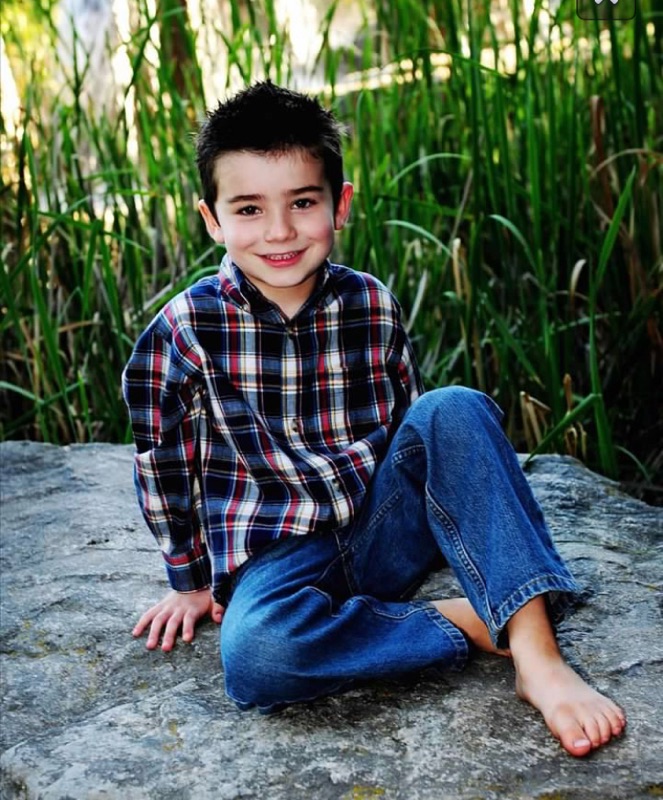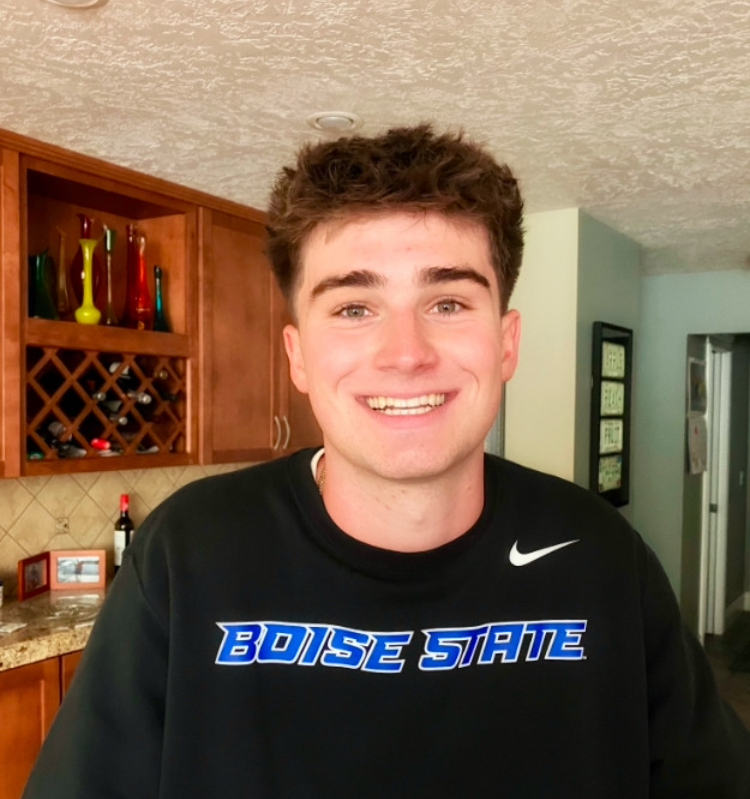January 10th was the 13th anniversary of my first stroke. After 18 days in the hospital (including my second massive stroke were I lost almost everything) we celebrated my son’s seventh birthday.

I wanted to celebrate my son‘s birthday but I had no idea the sensory overload would cause. The flashing lights, the unbearable noise of the crowds and the music, and loud conversations caused me to panic.
In the midst of my brain damaged confusion, I had to go to the bathroom. At that point I really didn’t know how to navigate the restaurant even though I had been there many times. I didn’t know the concept of letters and I didn’t know what “men” and “women” were on the doors.
My little son gripped my hand and said, “Daddy… I will take you to the bathroom.” Stumbling through the crowded restaurant I was scared. My son guided me to the proper door and asked if I needed any more help. After I finished I came out and he grabbed my hand and took me back to the booth.
In January this year, We celebrated my son’s 20th birthday in the same restaurant.
I toasted my son and recounted that surreal awful seventh birthday.
I’m proud of my son. I’m proud of my recovery and all the people who helped me through the years especially my wife and my son.
I am truly blessed.
Comments